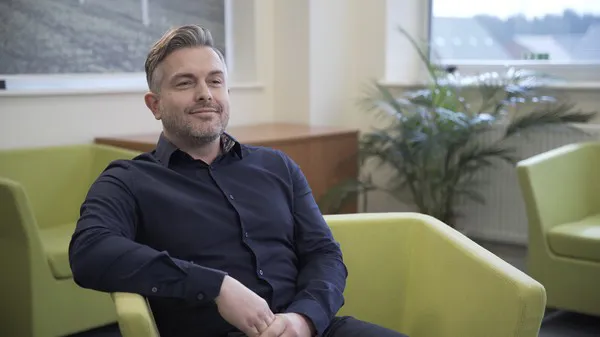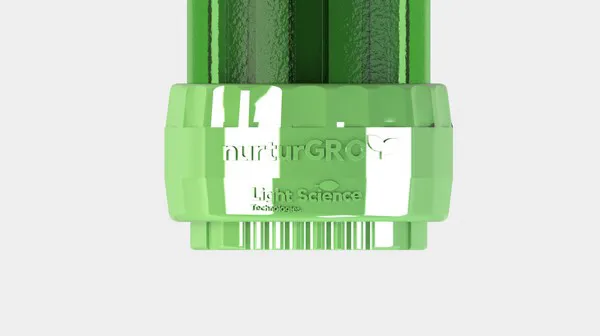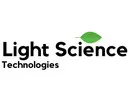“All lighting depreciates, so what happens when the product gets to the end of its warranty? Typically, it is replaced as a whole. At Light Science Technologies, our recyclability means we can remove the aluminum, end caps, and outer protective casing to be reused,” says Craig Price, operations director at Light Science Technologies (LST).
LST is a UK-based provider of technical solutions in horticultural lights, providing LED lights whose recyclability allows for repurposing to meet facility specifications and crop needs.
Maximizing lighting use
As Craig explains, most horticultural lighting is single-use and is thus discarded after a certain depreciation level. This results in significant waste in the horticultural industry and a loss of precious materials. LST worked through multiple designs and identified four core components for horticultural LEDs: the outer protective extrusion (made of aluminum), the internal aluminum core, the PCBs, and the company’s patent-pending plastic end cap.

Craig Price
Keeping recyclability and end-of-life in mind, LST designs these components to maximize the materials’ lifespan and provide growers with a cost-effective and environmentally sustainable option. LST has designed its lights to be easily disassembled and reused.
The reusability of core components proves useful for adapting to new research findings and lighting recommendations, as LST can recuperate its lights and install new PCBs to provide the newly recommended spectrum and intensity, all while keeping the initial casing, internal core, and end caps. The product design also accommodates LEDs from different providers and the integration of new technologies in the future, such as larger chips, Internet connectivity, and more. By designing its PCBs to be modular, LST can provide lighting of different lengths by simply cutting the aluminum to a certain length and adding the PCBs in series. This, according to Craig, makes the company’s solution ideal for both new builds and retrofits, as the system can fit anywhere.
Further, LST is tackling the amount of material used in its lights and has already reduced the thickness of the plastic end caps by 60%. “Through the hard work of our design engineers, we’ve come up with better ways of sealing the luminaire to keep a good IP rating and reduce materials,” explains Craig.

Working with clients as partners, not only as a vendor
The team at LST continuously conducts research into optimum lighting strategies vis-à-vis the spectrum and intensity, then uses its results to support its clients throughout project planning and execution. These trials are conducted onsite at its purpose-built laboratory as well as at clients’ facilities.
Craig adds: "More as an experienced provider of technical solutions than simply a horticultural lighting supplier, LST is customer-focused by design, meaning it understands every variable and can help growers to create a sustainable solution that matches their unique growing parameters to help them achieve the best possible results while reducing both their CAPEX and OPEX costs.”

For more information:
Light Science Technologies
info@lightsciencetech.com
https://lightsciencetech.com
